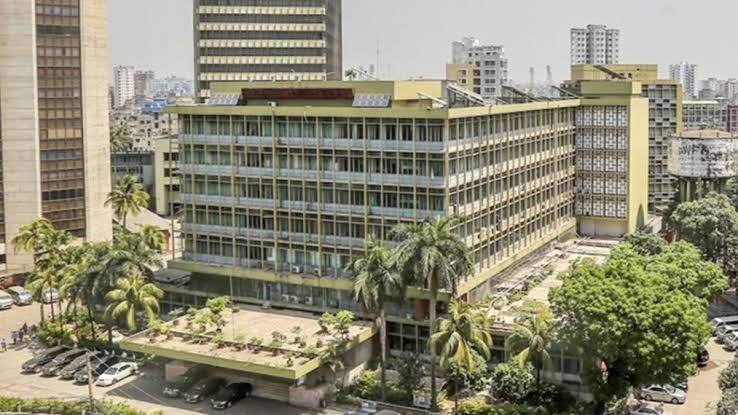Staff Correspondent
Published:2025-07-09 00:09:16 BdST
Policy paralysis at BB stalls business, trade and investment
Bangladesh’s business and investment sectors remain in a state of inertia, largely due to the central bank’s weak policies, delayed implementation, lack of inter-departmental coordination, and a glaring absence of transparency.
Despite efforts by Bangladesh Bank to stabilise the economy in the post-Awami League era, the benefits of its initiatives have not materialised—leaving entrepreneurs burdened by the legacy of over a decade of policy missteps and financial looting.
Stakeholders say the central bank continues to operate within outdated frameworks. Beyond minor board reshuffles at private banks and the injection of liquidity into weak institutions, few transformative steps have been taken to help the economy recover from the downturn following the 5 August uprising.
Business activity remains subdued, investment stagnant, and employment opportunities scarce. Entrepreneurs, particularly from export-oriented and manufacturing sectors, report factory closures and rising defaults due to high operational losses. Many are struggling to repay loans under newly enforced stringent classification rules.
The recent hardening of loan classification guidelines—under which a loan becomes defaulted after three months of non-payment instead of six—has dramatically increased the volume of defaulted loans. As of March 2025, classified loans exceeded Tk4.2 trillion, up by Tk600 billion from 2024.
Experts warn that while stricter rules bring transparency, they also expose long-concealed defaults—many tied to politically connected businesses. Without structural reforms and measures to curb political interference, regulatory tightening alone may deepen the crisis.
Compounding the issue, policy rate hikes aimed at curbing inflation have pushed interest rates to 14–16%, stalling private investment. High input costs, exacerbated by the dollar’s steep rise, are crushing import-reliant sectors. Traders now pay up to Tk120 per USD, compared to Tk85 at the time of opening LCs—forcing many to cancel orders or scale back operations.
Though Bangladesh Bank officials assure stakeholders of ongoing reforms, business leaders remain unconvinced. They urge urgent, business-friendly policy interventions and faster implementation of support measures to revive trade, restore investor confidence, and prevent a deeper economic crisis.
Unauthorized use or reproduction of The Finance Today content for commercial purposes is strictly prohibited.


